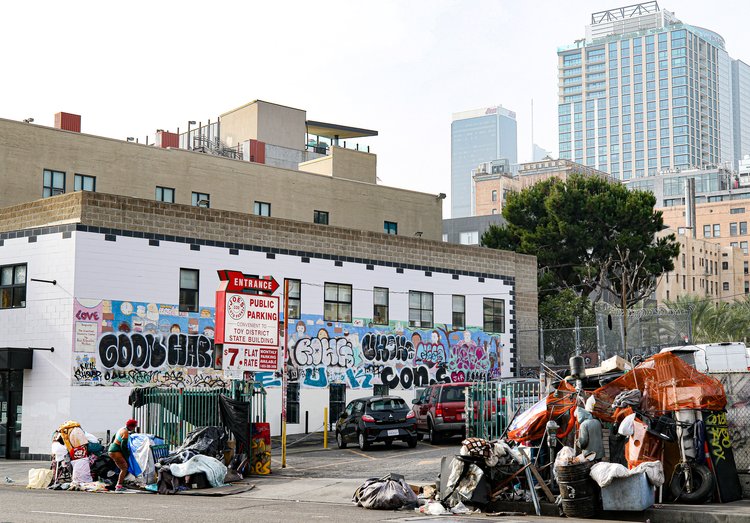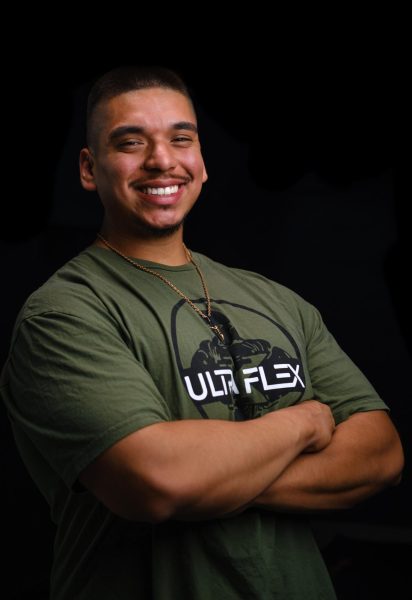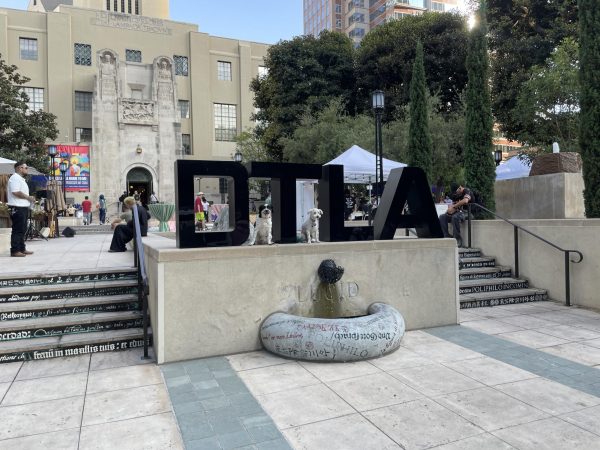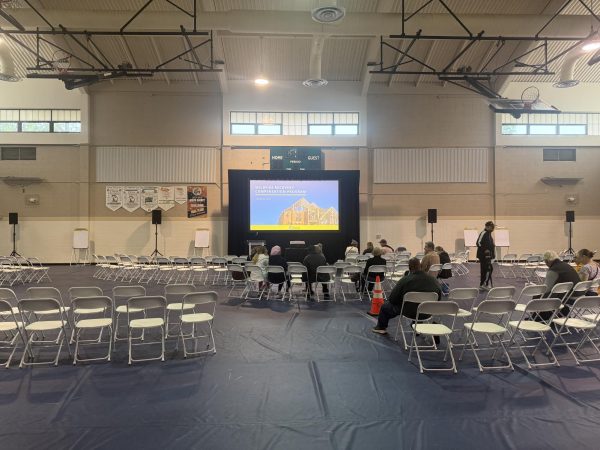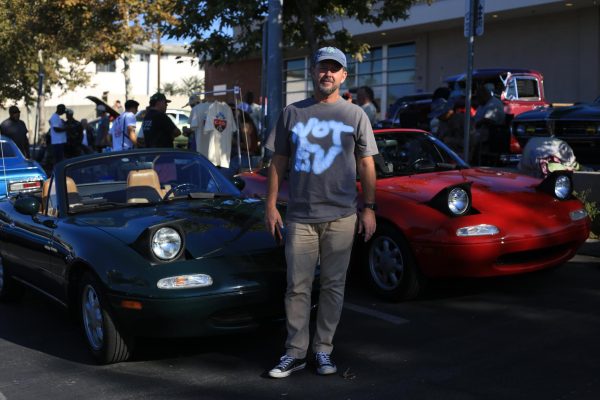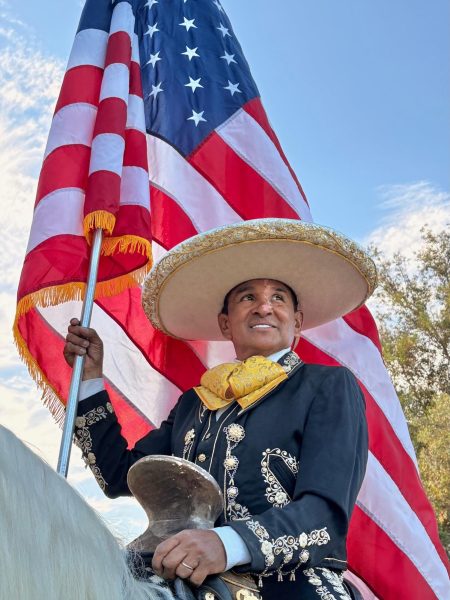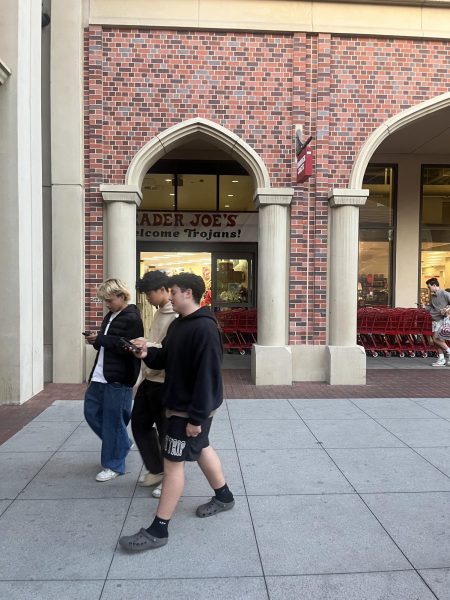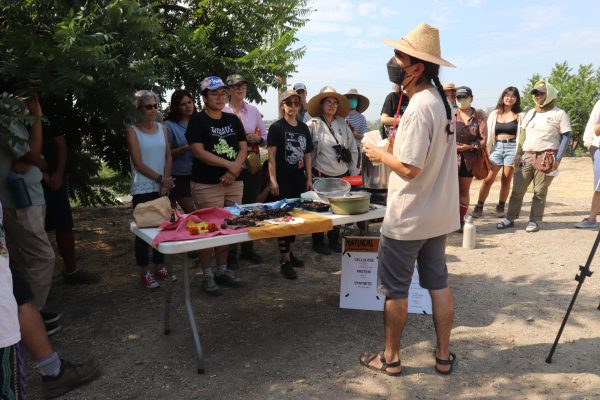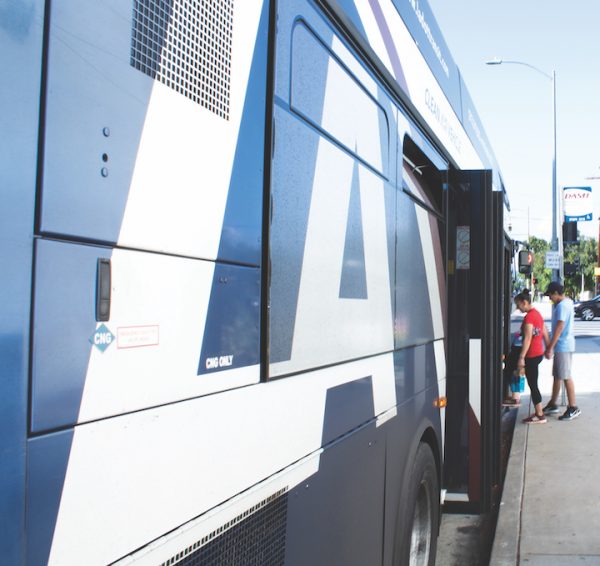Supporters say need for affordable housing measure stems from Segregation Era law
Opponents worry about strain on infrastructure and environment
When Natalie Vargas’ mother left her father in 2017, the two became homeless.
“We didn’t have anywhere to go. We slept in our car or in a storage area behind my grandmother’s house,” Vargas, 18, said.
Vargas, who lives in East Los Angeles, said she lived like that for over a year.
That’s why she supports the city of Los Angeles’ Proposition LH, a measure up for a vote in the Nov. 8 election that would allow the city to approve as many as 75,000 new affordable housing units for low-income and unhoused residents.
That’s 5,000 units for each of L.A.’s 15 districts.
Opponents, including some existing landlords and homeowners, say an influx of new housing can reduce their existing property values and create more traffic and other strains on resources. Others say this measure expedites public and affordable housing construction that effectively relies on taxpayer funding that could ultimately be used for other programs and services.
Although East Los Angeles is just outside the city’s boundaries, Vargas said the measure would benefit a lot of people nearby.
“I think building low-income housing is necessary. Not only were there people who were homeless before the pandemic, but there are families who struggled during COVID who are now homeless,” she said.
In 2008, the city of L.A. voters approved a ballot measure authorizing 3,500 units of low-income housing per council district, a total of 52,500 units in the city. Now, several council districts are approaching the allowed limits.
Last month, Gov. Gavin Newsom announced the awarding of $694 million for 35 projects to create more than 2,500 new units throughout the state.
“In partnership with cities and counties like Los Angeles, we’ll continue to safely house Californians in need, faster and more cost-effectively than ever,” Newsom told reporters at a Project Homekey event in Los Angeles.
Funding from programs like Project Homekey and L.A.’s Measure H, a sales tax revenue stream dedicated to addressing homelessness, would allow the city to build more housing if Proposition LH is approved by voters, according to Newsom’s office.
But whether lawmakers choose to build or purchase these additional units is up to them. Proposition LH does not fund affordable housing efforts, nor does it require the county to generate additional units. In fact, requiring voter approval to authorize potential additional housing is a practice unique only to the state of California, according to Jane Demian, a tenants’ rights activist and homelessness liaison to the Eagle Rock Neighborhood Council.
That’s because of Article 34, a 72-year-old relic of racial segregation that still resides in the California Constitution today.
“Article 34 amended the California Constitution back in the 1950s to prevent public housing from being built in California. It was supported by real estate interests that were racist and supported racial segregation,” said Demian in a statement to UT Community News.
Article 34 requires that counties and municipalities that want an allotment of public housing units must do so through a ballot measure — such as Proposition LH.
Getting an initiative on the ballot can cost hundreds of thousands of dollars in some counties. As a result, barriers posed by Article 34 restricted housing access for decades in counties like Humbolt, which didn’t vote to authorize public housing until 2020, according to a study by Ballotpedia, a nonprofit that compiles research on federal, state, and local politics, elections, and public policy in the United States.
“The constitutional amendment was designed to keep people of color and poor people out of certain neighborhoods,” said State Sen. Scott Wiener in a statement on his website. Wiener led an unsuccessful push to repeal Article 34 in 2019.
“The issue of repealing Article 34 by Constitutional Amendment will be put on the November 2024 ballot. I have been in favor of repealing Article 34 for years,” Demian said.
Until then, she added, voters throughout the state will continue to approve marginal increases to public housing every few years through costly ballot measures like Proposition LH.
This story was cross-published on KCET and PBS SoCal.
UT Community News produces stories about under-covered neighborhoods and small cities on the Eastside and South Los Angeles. Please email feedback, corrections and story tips to UTCommunityNews@gmail.com.

